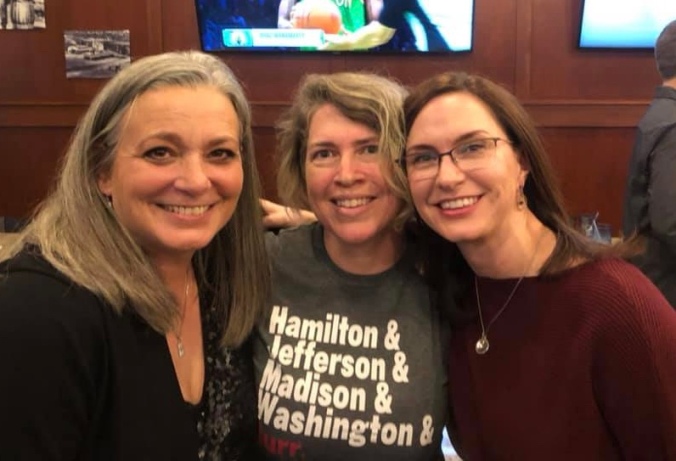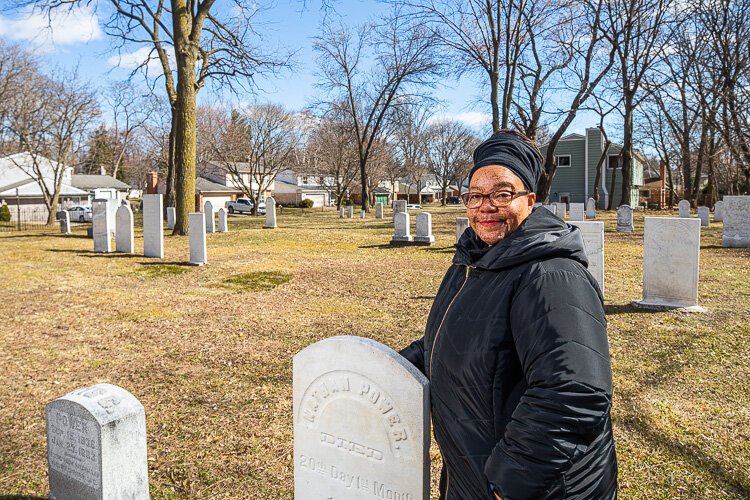 At the start of Michigan’s COVID-19 shutdown in March, a lot of work came to an abrupt stop.
At the start of Michigan’s COVID-19 shutdown in March, a lot of work came to an abrupt stop.
But organizations that support the state’s nonprofit sector actually got busier – albeit from home.
“For us, our work increased,” said Kelley Kuhn, Vice President and Chief Strategy Officer for the Michigan Nonprofit Association. “We had to look at ways to help organizations navigate through this time of uncertainty, and help them stay informed about new opportunities.”
That pivot included regular, check-in phone calls, policy updates, and a four-part, expert-led webinar about Paycheck Protection Program loans.
“We’re trying to make sure nonprofits know what these programs are, since many of them offer capital that nonprofits haven’t traditionally had access to,” said Kuhn.
That’s not to say these shifts came easily, given the collaborative nature of nonprofit support organizations. READ THE REST HERE
 In recent years,
In recent years,  The process of slowly, safely re-opening up businesses in downtown Farmington has mirrored the gradual arrival of spring.
The process of slowly, safely re-opening up businesses in downtown Farmington has mirrored the gradual arrival of spring. If the intoxicating scent of fresh-baked bread permeated Farmington’s air on Sunday, April 26th, it’s probably because 330 quarantined locals bought $5 baking kits and tuned in to Sunflour Bakehaus’ nearly five hour, free, live-streamed bread-making class.
If the intoxicating scent of fresh-baked bread permeated Farmington’s air on Sunday, April 26th, it’s probably because 330 quarantined locals bought $5 baking kits and tuned in to Sunflour Bakehaus’ nearly five hour, free, live-streamed bread-making class. A courtroom has always been an emotionally charged space.
A courtroom has always been an emotionally charged space.


 When Jennifer Beyer, ’03, MA’08, came to a fork in her professional road, she took both paths. She is an award-winning exhibit designer and the co-owner of the Michigan-based Good Design Group as well as a riding instructor for the disabled working at Ann Arbor’s Therapeutic Riding, Inc. Her two jobs may seem profoundly different at first blush, but Beyer believes that the central role of storytelling makes them more like two sides of the same coin.
When Jennifer Beyer, ’03, MA’08, came to a fork in her professional road, she took both paths. She is an award-winning exhibit designer and the co-owner of the Michigan-based Good Design Group as well as a riding instructor for the disabled working at Ann Arbor’s Therapeutic Riding, Inc. Her two jobs may seem profoundly different at first blush, but Beyer believes that the central role of storytelling makes them more like two sides of the same coin.